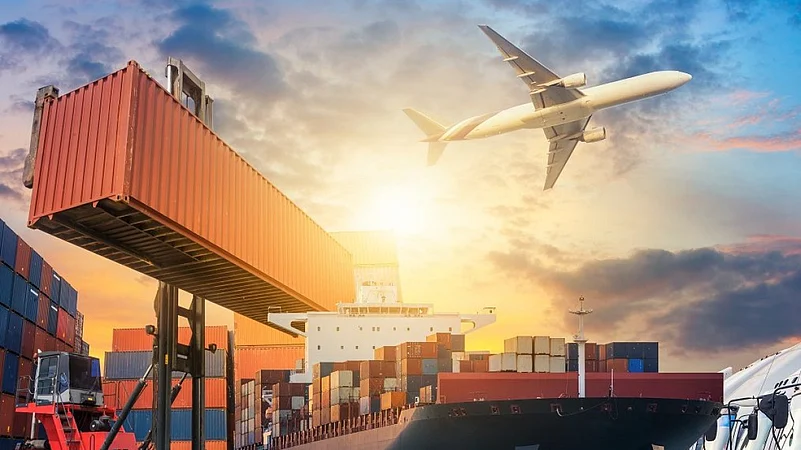London, Mar 3 (AP) Auto shipments stopped, beer stopped flowing, cargo ships dropped port calls, and oil companies cut their pipelines.
Russia's invasion of Ukraine has thrown business plans into disarray and forced a growing number of the world's best known brands — from Apple to Ford and BP — to pull out of a country that's become a global outcast as companies seek to maintain their reputations and live up to corporate responsibility standards.
Investors were drawn to Russia in search of lucrative profits they thought were worth the geopolitical risks. That calculation has changed after Russian President Vladimir Putin launched war in Europe, triggering a wave of global sanctions and export restrictions that have thrown its economy into turmoil and disrupted the operations of multinational corporations there.
“You basically have Russia becoming a commercial pariah,” said economist Mary Lovely, a senior fellow at the Peterson Institute for International Economics in Washington.
“Pretty much no company, no multinational, wants to be caught on the wrong side of US and Western sanctions.”
They're also expressing concern about the plight of Ukrainians, showing how they want to be seen coming out on the right side of history.
Complicating the push to flee is an order from Moscow temporarily restricting foreign investors from selling Russian assets.
Prime Minister Mikhail Mishustin said Tuesday that it would help investors make “a considered decision” rather than succumb to the political pressure of sanctions. It's not clear how that may affect corporate efforts to exit Russia.
Oil and gas companies, already feeling the heat from climate activists to invest in renewable energy, were among companies to announce the most rapid and dramatic exits.
Energy firm BP said Sunday that it would abandon its $14 billion stake in state-owned oil and gas company Rosneft. Shell said the next day it was leaving its joint venture with state-owned Gazprom and its involvement in the now-suspended Nord Stream 2 pipeline built to carry natural gas to Western Europe.
ExxonMobil said it will pull out of a key oil and gas project and halt any new investment in Russia. All their chief executives said they were shocked and saddened by the increasingly bloody conflict. Smaller energy firms have followed suit.
Companies in other industries signalled they're staying out of the Russian market either out of concern for Ukraine or to comply with Western sanctions.
Swedish auto brand Volvo Cars said it's not delivering cars to Russia for the time being in light of “potential risks associated with trading material with Russia, including the sanctions imposed by the EU and US"
U.S. automaker Ford, which has been winding down its Russian operations and only has a minority stake in a commercial van joint venture, told its partners it was suspending operations.
Similarly, Harley-Davidson halted motorcycle shipments to Russia and said its thoughts “continue for the safety of the people of Ukraine.” Putin famously rode a three-wheeled Harley on a visit to Ukraine in 2010.
Others with more entrenched Russian operations might find it harder to navigate the crisis.
Renault, one of the biggest players in Russia's auto market, said only that it's temporarily suspending production at its Moscow plant through Saturday “due to some logistics issues,” without being more specific.
Czech brewer Budvar, which counts Russia as one of its five major markets, halted beer production for and stopped deliveries to the country, saying business is not the top priority and that it's looking for ways to help, including finding accommodations for Ukrainian refugees.
Copenhagen-based Danish brewery group Carlsberg suspended production at two breweries in Ukraine, saying it's “following the situation with great concern” but didn't comment on its extensive Russian operations, including St. Petersburg-based Baltika Breweries, which exports beer worldwide.
The world's biggest shipping company, A.P. Moller-Maersk, said it will stop making Russian port calls, saying it was “deeply concerned” by the escalating crisis.


























